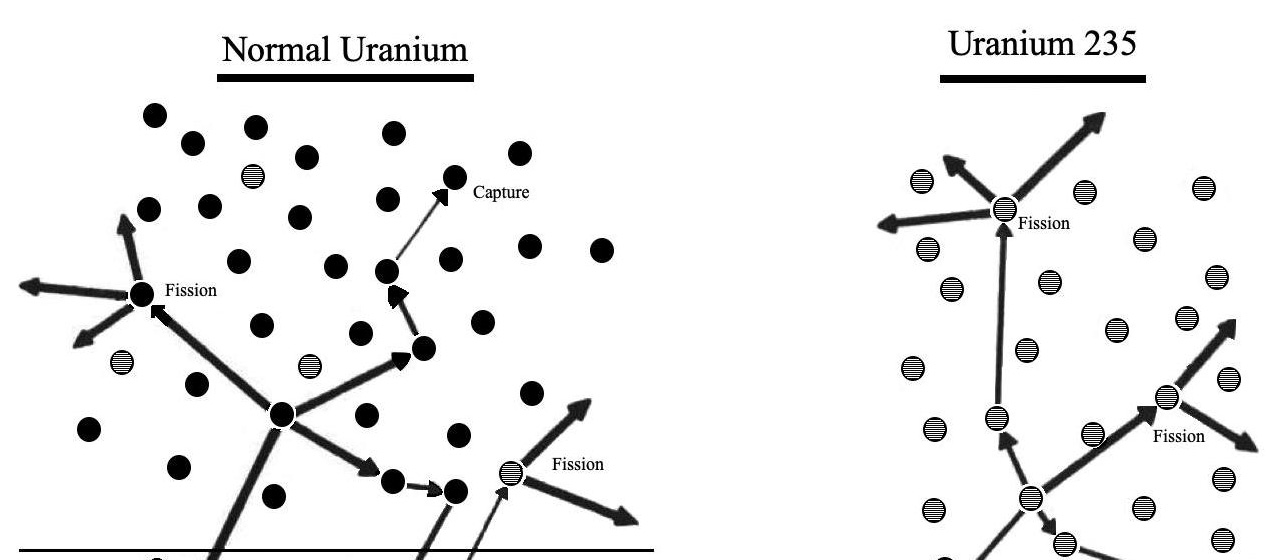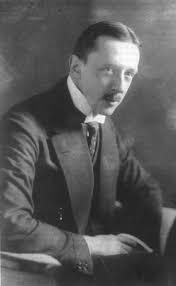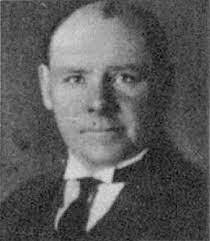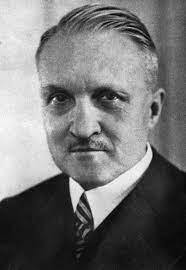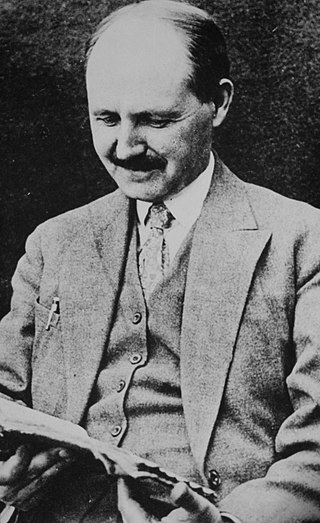Actors
Hermann Aubin
Hermann Aubin was born in 1885 in Reichenberg, Austria. He went on to study History and Economics at the universities of Munich and Freiburg. In 1911 he began working as a research assistant at the Society for Rehish History. His later research made contributions to both German administrative and constitutional history. Aubin advocated for restoring and preserving German national power and reputation through his research on the history of Eastern Germany. His overall conservative stance allowed for his ideas and research to be used to support and enforce policies implemented by various leaders such as Adolf Hitler. His research and findings laid the foundations for what later on became Ostforschung.
Otto Hoetzsch
Otto Hoetzsch, a German academic and politician, was born in 1879. Hoetzsch studied history, economics, and art history in Leipzig. He began his political career as a member of the Prussian Constitutional Assembly, and he joined the German National People’s Party in 1918. As he focused his research on Eastern European and Russian history, Hoetzsch advocated for dealing with those countries with a sense of understanding. His stance on approaching foriegn policy with understanding, especially with eastern countries, was in conflict with many of the German policies such as Lebensraum and the promotion of Germanhood he was labeled as a Russophile and Pro-Bolshevik.
Albert Brackmann
Albert Brackmann was born in 1871. He was a leading German Nationalist historian and he began working at the Monumenta Germaniae Historica in 1898. Brackmann focused his research on the history of Germans in the East and continued the research and development of Ostforschung. He became the leader of the Prussian Privy State Archives in 1929 and after the First World War he became involved in politics on the national level. Brackmann worked to move Ostforschung away from being strictly academic research into projects that could then feed into larger foreign policy and expansionist ideology that could be implemented later on. During the Second World War, Brackmann expanded his research and work with Ostforschung into Germanisation.
Albert Breyer
Albert Breyer was a German teacher in Central Poland whose publications as a local historian give a good impression of Ostforschung’s field work, while his biography illustrates the complicated history of Vistula lands.
Born in 1889 in the then Russian Vistula lands to German parents in a mostly Polish-populated region, he became a teacher for the German minority of the Russian Empire. Although an officer in the tsarist army, he could avoid front service during the First World War. Instead, he continued his studies in St. Petersburg where his oldest son Richard was born in 1917.
After the revolution he returned to re-established Poland and served it in the Polish-Soviet war. He engaged politically for the concerns of the German minority in central Poland and what led to his dismissal from state-service in 1925. He was offered to become the teacher of a private German School in Sompolno instead, where he lived with his family throughout the following years. Around that time, he started his regional studies that gained increasing attention from German scholars. His most acclaimed work would be a map of German settlements in central Poland, although much of his work focused on their history and environment.
He published his works in German outlets in Poland that became increasingly political, while upholding a rather scientific self-assessment. In accounts of the contribution of Germans to the region’s wealth they would demand more autonomy for the German population or even question the legitimacy of the Polish Republic. Although he was far from being one of its most radical voices, his engagement sparked scepticism in the Polish administration which revoked his teaching qualification and effectively forced the German school in Sompolno to close.
In this situation his personal relation with some employees of the Publication Office in Berlin Dahlem proved helpful. This office had provided undisclosed support on behalf of the German Foreign Office and embraced Breyer’s scientific accounts of a genuine German population in central Poland as an important contribution to its wider political aims. At almost 50 years, he was conscripted by the Polish Army to withstand the German invasion at the onset of the Second World War. Wounded in the first days of the War, Breyer died in a Warsaw hospital in September 1939 and was mourned by the scholars of Ostforschung in the Reich.
